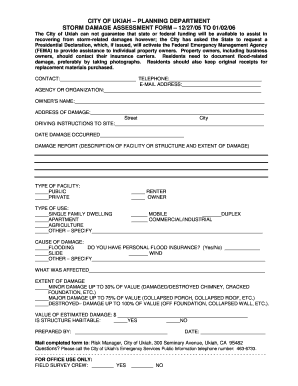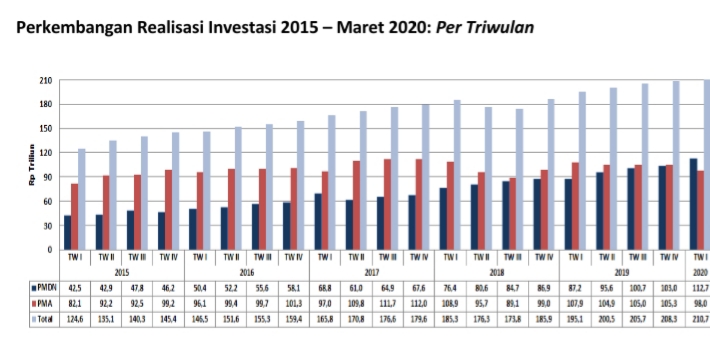Canadian Election Results: Poilievre's Loss And Its Fallout

Table of Contents
Poilievre's Campaign Strategy: A Critical Analysis
Messaging and Voter Appeal
- Poilievre's core message: Focused heavily on affordability, promising tax cuts and deregulation. He also emphasized "freedom" and targeted specific voter groups with tailored messages.
- Resonance with voters: While his message resonated with a segment of the population, particularly within the Conservative base, it failed to capture the support of a broader electorate. Pre-election polls showed a consistent gap between Poilievre's support and that needed for a majority government.
- Communication style: Poilievre's communication style, often characterized as confrontational and populist, may have alienated some moderate voters. A comparison with previous Conservative leaders reveals a shift towards a more divisive tone. His strong social media presence, while effective in mobilizing his base, might have also contributed to a polarized image.
Ground Game and Organization
- Party organization: The Conservative Party's organizational structure appeared strong in certain regions, but questions remain regarding its effectiveness in reaching out to specific demographic groups beyond its traditional base.
- Outreach efforts: While social media played a significant role, the campaign's effectiveness in engaging with undecided voters through traditional methods like door-knocking and community events remains debatable. Reports suggest a relative lack of boots-on-the-ground campaigning in certain key ridings.
- Grassroots strategy weaknesses: Analysis suggests weaknesses in targeting key swing ridings and effectively mobilizing support amongst younger voters and urban populations. A more targeted approach may have yielded better results.
Key Factors Contributing to Poilievre's Loss
The Economy and Cost of Living Crisis
- Economic concerns: The economy and the cost of living crisis dominated the election narrative. Many voters were deeply concerned about inflation, rising interest rates, and the overall economic outlook.
- Government's economic policies: While the government's economic policies were criticized by the Conservatives, their impact on voter decisions was complex. Some voters may have felt the government was handling the situation adequately, while others remained unconvinced.
- Public sentiment: Public sentiment regarding the economy remained largely negative, with widespread frustration over inflation and its impact on daily life. This negative sentiment likely influenced voting patterns, regardless of party platforms.
Leadership and Public Perception
- Poilievre's leadership style: Poilievre's leadership style, often described as aggressive and uncompromising, may have hindered his ability to connect with a broader range of voters. His past statements and actions also faced scrutiny from the media and the opposition parties.
- Comparison with the incumbent: Comparisons with the incumbent Prime Minister highlighted differences in leadership style and projected image, with the incumbent often portrayed as more measured and pragmatic.
- Media coverage: Negative media coverage, focusing on specific statements and policies, may have negatively impacted Poilievre's electability. The impact of biased media coverage warrants further investigation.
The Role of Other Political Parties
- NDP, Liberal, and Bloc Quebecois performance: The strong performance of the Liberal Party, combined with the NDP's consistent support in certain regions, created a significant hurdle for the Conservatives. The Bloc Quebecois's regional strength further divided the vote.
- Strategic alliances and their effect: The lack of significant strategic alliances and the failure to capture a significant portion of the undecided vote contributed to the Conservative Party's inability to gain a majority.
- Vote splitting and strategic voting: The election saw instances of vote splitting, where support was divided among right-leaning parties, benefitting the Liberal Party. Strategic voting by those who disliked Poilievre but did not favor the NDP also played a significant role in the election's outcome.
The Fallout and Future Implications
Internal Dynamics within the Conservative Party
- Internal reaction: The election result has spurred internal debate within the Conservative Party. Calls for leadership changes, although not immediate or widespread, are expected to increase in the coming months.
- Potential internal divisions: The defeat may exacerbate existing internal divisions within the party, particularly between different ideological factions.
- Future party strategy: The party's future strategy will likely involve introspection and a reassessment of its messaging, targeting, and organizational strategies.
Impact on Canadian Politics
- Political landscape: The election results significantly impact Canada's political landscape. The governing party has a mandate to continue its policies, albeit with a potentially reduced level of political capital.
- Governing party's agenda: The election outcome allows the governing party to continue with its agenda, potentially with adjustments based on public feedback and evolving circumstances.
- Political polarization: While the election did not significantly shift the existing political polarization, the outcome provides a clear mandate for the government and may influence the trajectory of political discourse in the years to come.
Conclusion
The Canadian election results, particularly Pierre Poilievre's unsuccessful bid, offer valuable insights into the current political climate. This analysis highlights the complexities of campaign strategies, the significant impact of economic concerns, and the crucial role of leadership perception. Understanding these factors is vital for the Conservative Party and other political players. To stay updated on further developments and analysis of the Canadian political scene, continue to follow news and in-depth reports on Canadian Election Results and the implications for the future. Analyzing the fallout from this election and understanding the contributing factors will be key to shaping future Canadian election strategies and outcomes.

Featured Posts
-
 Kentucky Facing Storm Damage Assessment Backlog Heres Why
May 01, 2025
Kentucky Facing Storm Damage Assessment Backlog Heres Why
May 01, 2025 -
 Target Investasi Rp3 6 Triliun Di Pekanbaru Tahun Ini Rencana Bkpm
May 01, 2025
Target Investasi Rp3 6 Triliun Di Pekanbaru Tahun Ini Rencana Bkpm
May 01, 2025 -
 Cavaliers Secure 10th Consecutive Victory Hunter Explodes For 32
May 01, 2025
Cavaliers Secure 10th Consecutive Victory Hunter Explodes For 32
May 01, 2025 -
 Inside Michael Sheens World Relationships Wealth And Career Choices
May 01, 2025
Inside Michael Sheens World Relationships Wealth And Career Choices
May 01, 2025 -
 Une Star De Nba Fragilise Sa Carriere Et Sa Famille Par Ses Celebrations Avec Arme A Feu
May 01, 2025
Une Star De Nba Fragilise Sa Carriere Et Sa Famille Par Ses Celebrations Avec Arme A Feu
May 01, 2025
